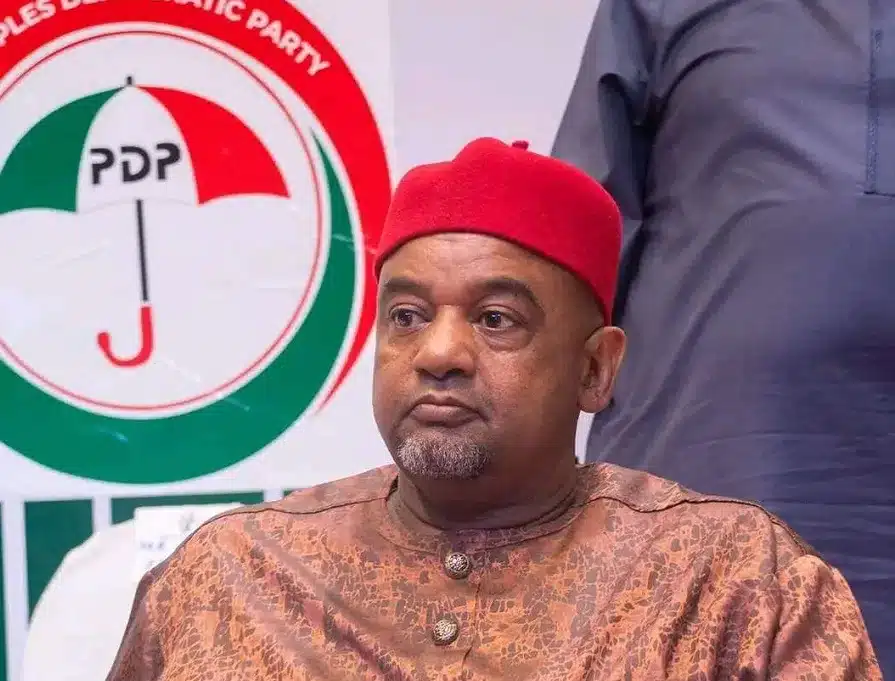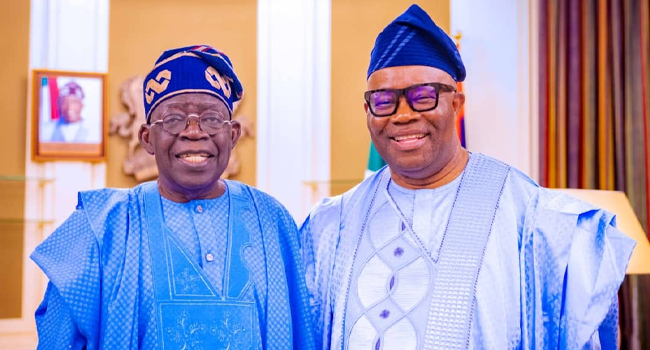The federal government has called on participants at the ongoing 30th African Organization for Standardization (ARSO) General Assembly being hosted by the Standards Organization of Nigeria (SON) in Abuja, to harness the opportunity to generate greater political commitment and strategic partnerships. This is aimed at accelerating the effective implementation of the African Continental Free Trade Area (AfCFTA) and advancing the African Union’s 2024 Year of Education initiative, based on the Continental Education Strategy for Africa (CESA) 2016-2025.
Minister of Industry, Trade, and Investment, Dr Doris Uzoka-Anite, delivered this charge in her opening address at the event themed: “Educate an African Fit for the 21st Century – Building a Quality Culture – One Market, One Standard.”
The minister highlighted the importance of understanding standards and standards-related issues in policy-making, especially as the world moves towards artificial intelligence for faster development. She emphasised that robust synergy and collaboration among African nations and ARSO member states are crucial to implementing the AfCFTA Agreement, particularly in enhancing a Common Regulatory Framework.
Uzoka-Anite noted that the AfCFTA could stimulate intra-African trade by up to $35 billion per year, boost agricultural and industrial exports, and significantly increase GDP and consumer spending, potentially lifting millions out of poverty. However, she pointed out that intra-African trade has faced obstacles such as weak productive capacities, tariff-related trade costs, and high non-tariff trade costs.
“Distinguished delegates, it may also interest you to know that AfCFTA could stimulate intra-African trade by up to $35 billion per year, boost agriculture and industrial exports by up to $4 billion (7%) and USD 21 billion (5%) respectively and stimulate a GDP rise from $1.7 trillion (2010) to $2.6 trillion (2020) thereby pushing up consumer spending from $860 billion (2010) to $1.4 trillion (2020) and thus potentially lifting millions out of poverty (McKinsey),” she said.
The minister stressed the need to focus on Africa’s regional value chains and the competitiveness of Made-in-Africa products, aiming for export-oriented manufacturing, value addition, and quality infrastructure to boost intra-African trade and industrialisation.
She reaffirmed the ministry’s commitment to repositioning the Nigerian economy for sustainable growth, aligning with President Bola Ahmed Tinubu’s Renewed Hope Agenda, and underscored the importance of standardisation in achieving this vision.
“To realise this vision, we must embrace standardisation as: “Standards set Good International Best Practices in every sector of Life,” which, if strictly adhered to, could promote productivity, trade and ensures predictability, transparency, openness, and as well as a basis for technical regulations,” she stated.
Director-general of the Standards Organisation of Nigeria (SON), Dr. Ifeanyi Okeke, echoed the minister’s sentiments, stating that the current Nigerian administration’s comprehensive educational roadmap focuses on increasing access to quality education, improving infrastructure, and investing in teachers.
He emphasised that standardisation fosters a quality culture that ensures products and services meet international benchmarks, enhances competitiveness, and facilitates trade.
Okeke urged the Assembly to re-commit to the CESA 2016-2025 strategy, addressing educational deficits with innovative approaches and available technologies. He highlighted the African Union’s declaration of 2024 as the “Year of Education,” calling on all governments to ensure inclusive, equitable, and quality education for all.
He described the Assembly as a call to action for policymakers, educators, industry leaders, and stakeholders to unite in fostering a resilient, inclusive, and quality-driven education system, ultimately nurturing a generation of Africans fit for the 21st century and beyond.

 5 months ago
22
5 months ago
22
















 English (US) ·
English (US) ·